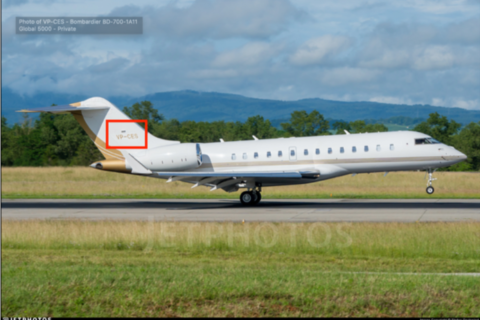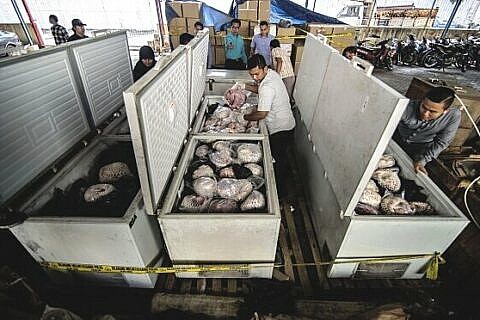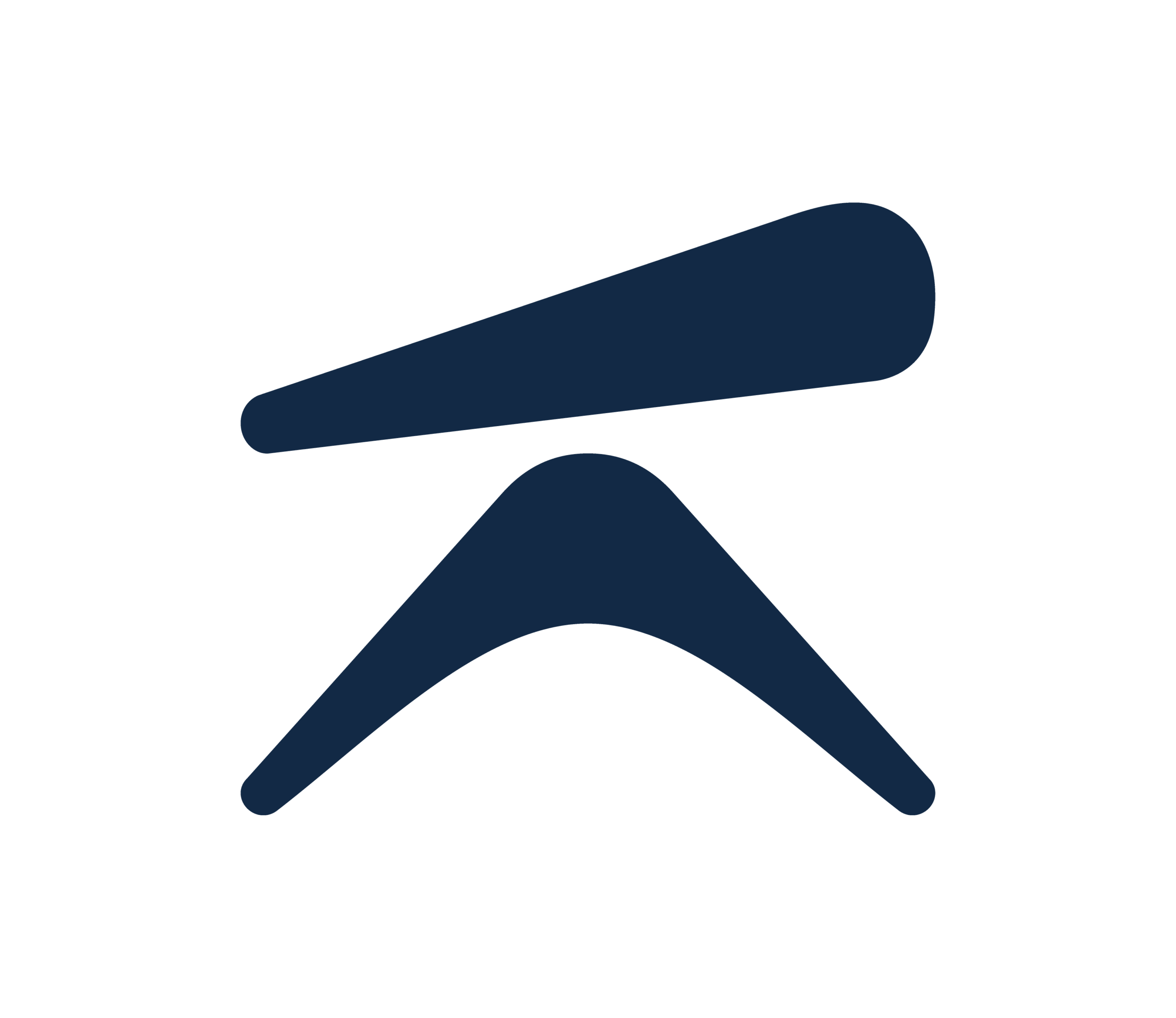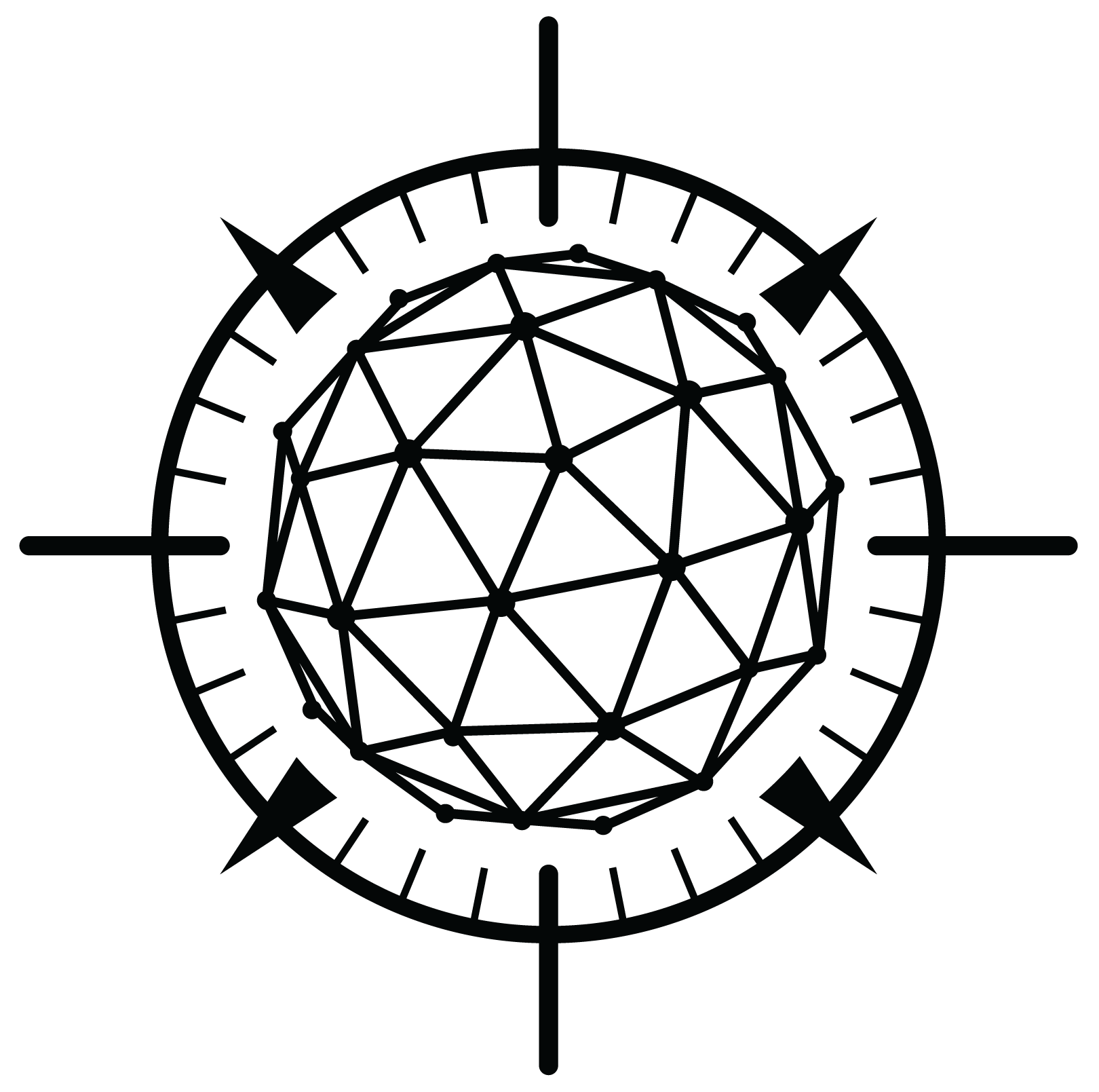Fault Lines
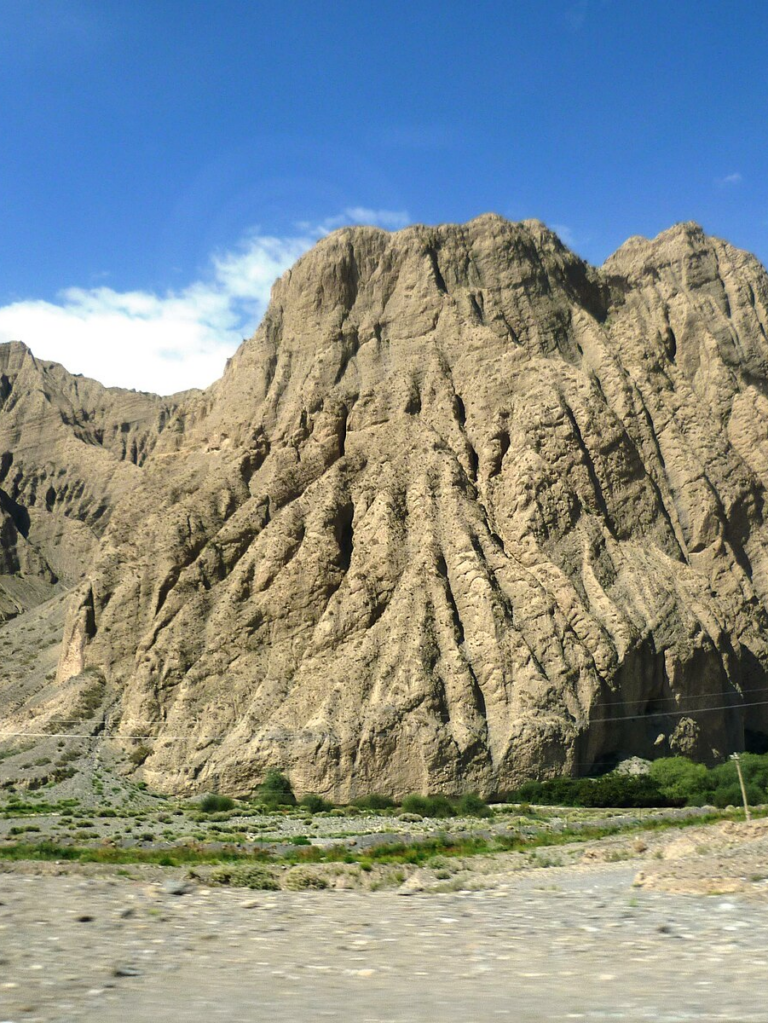
In this follow-up to our 2023 investigation, we use financial reporting to uncover the global reach of Chinese gold produced by Uyghur forced labor. Collectively, the 400+ companies sourcing high-risk XUAR gold are from nearly all sectors of the economy and do business in all regions of the world. However, the vast majority are in manufacturing — especially computers and electronics — with their global presence most heavily concentrated in a few top markets, including the United Kingdom, Germany, the Netherlands, Mexico, and France. This means that while the spread of XUAR products is global, select companies and countries have outsized power to act as bottlenecks and stop forced labor goods from flowing into global supply chains.
The Xinjiang Uyghur Autonomous Region (XUAR) is a large region in western China prioritized for resource extraction by the Chinese government, with Chinese-mined critical minerals becoming an integral component of global supply chains. It is also the homeland of Uyghurs and other Turkic peoples, who have faced repression, internment, and forced labor in recent years as the Chinese government has clamped down on local expressions of identity. With Uyghur forced labor widespread across the region and much of the rest of China, the United States government passed the Uyghur Forced Labor Prevention Act (UFLPA) in 2021, which requires any company that imports goods from XUAR to certify that the products were not produced with forced labor.
XUAR Gold in United States Supply Chains #
Gold, like many other critical minerals, is heavily extracted from XUAR. As shown through C4ADS reporting, gold from XUAR is at high risk of being mined with forced labor, and goods from hundreds of companies worldwide risk containing materials produced through egregious human rights violations. In Fractured Veins, C4ADS analyzed conflict minerals report filings to the U.S. Securities and Exchange Commission (SEC) and identified 423 U.S. stock exchange-listed companies with links to four Chinese gold refineries that have been associated with human rights abuses in XUAR: Zijin Mining, Shandong Gold, Zhaojin Gold, and Lingbao Gold. These companies represent a wide array of industries. Many are ubiquitous in the average American’s daily life: T-Mobile, Starbucks, Amazon, and Home Depot are among hundreds of other multinationals sourcing XUAR gold. This analysis dives deeper into the sectoral and geographic makeup of these companies to help companies and governments identify how XUAR gold impacts them and take steps to mitigate this exposure. To support this, we are also publishing the full list of companies C4ADS identified in Fractured Veins as having any linkage to Chinese refineries dependent on forced labor.
The over 400 companies sourcing gold from these refineries come from a broad sweep of sectors, but 97% belong to just seven sectors. While sourcing XUAR gold is far from an industry-specific problem, this demonstrates that it disproportionately appears in some sectors more than others. Most of these companies work in the manufacturing sector, with roughly 75% operating in various manufacturing industries. Other major sectors include retail trade, information, and wholesale trade. Within the manufacturing sector, over 40% work in computer and electronic product manufacturing, including companies such as Apple, Dell, and NVIDIA. Other industries include machinery manufacturing and transportation equipment manufacturing.
Tracing XUAR Gold to Global Subsidiaries #
The real number of companies at risk of using XUAR gold is far larger than the initial count of U.S. companies that C4ADS identified because many companies’ networks of subsidiaries span multiple countries. C4ADS identified over 27,000 subsidiaries of the original companies that may be sourcing XUAR gold. Though the direct supply chains of these companies have yet to be mapped, many of these companies may share the procurement practices that tie their parent companies to forced labor-tainted gold from XUAR.
These subsidiaries are based in nearly every country around the world, but a few countries host a particularly high number of them. Germany alone has at least 987 subsidiaries of these companies. Other countries with large numbers of subsidiaries include the United Kingdom, the Netherlands, Mexico, France, and Canada. Though the list of subsidiaries analyzed is not a comprehensive supply chain analysis, it provides a shortcut to identifying the possible extent of the jurisdictions that may be most exposed to XUAR-sourced gold.
While most companies analyzed here are U.S. companies, this reflects greater U.S.-mandated mineral transparency measures rather than greater U.S. exposure, as other jurisdictions do not have similar reporting requirements. However, in addition to the subsidiary analysis conducted above, it is possible to identify foreign exposure through U.S. stock exchange-listed foreign companies that filed with the SEC, including those from Israel, Taiwan, the Netherlands, and South Korea, among other jurisdictions. This includes critical players in the semiconductor industry, such as the Taiwan Semiconductor Manufacturing Company Limited (TSMC), video equipment manufacturers such as Canon, and cell phone producers like Nokia.
General Electric #
General Electric (GE) is a multinational corporation best known for its work in the energy, power, and aerospace industries. Nearly all products it produces use one or more of the four conflict minerals as defined by the SEC (tin, titanium, tungsten, and gold). Publicly available records indicate that GE sources gold from all four XUAR-linked gold refineries investigated in Fractured Veins for human rights violations in the Uyghur region, meaning that its omnipresent consumer and industrial products alike may bring forced labor products to its customers. With operations in over 170 countries and 59 manufacturing plants distributed worldwide, GE’s supply chains straddle the globe, increasing the risk that GE subsidiaries source tainted gold to a variety of jurisdictions. Excluding the United States, GE subsidiaries are most concentrated in Europe, especially in the United Kingdom, France, the Netherlands, Germany, and Ireland. A few GE subsidiaries that illustrate the company’s sectoral and geographic diversity include GE Power Conversion (France), GE Aviation Systems (United States, U.K., Japan, and Czechia), and LM Wind Power (Denmark).
General Electric is a quintessential U.S. company that passes on its risk of XUAR exposure to the many companies and countries it works with. However, this exposure also offers an opportunity for GE, and all companies like it, to play a uniquely impactful role in improving its sourcing standards to prevent forced labor products from reaching its global consumer base through its many subsidiaries.
Conclusion #
XUAR gold is finding its way into nearly every country and almost every sector, implicating global companies in forced labor and contravening anti-forced labor legislation and practices. However, this should not be a reason for resignation. The very reach of each of the major companies implicated here also means they have immense power to change their sourcing practices in a way that ripples throughout the world. Multinational companies have a particular responsibility to investigate and identify potential sources of forced labor within their supply chains, allowing them to adjust supply chains to meet ethical sourcing standards and to comply with anti-forced labor legislation in markets such as the United States while preparing for heightened restrictions in other jurisdictions. In doing so, they can stand for a world with fewer labor violations and reduce the pervasiveness of a truly global labor crisis.

